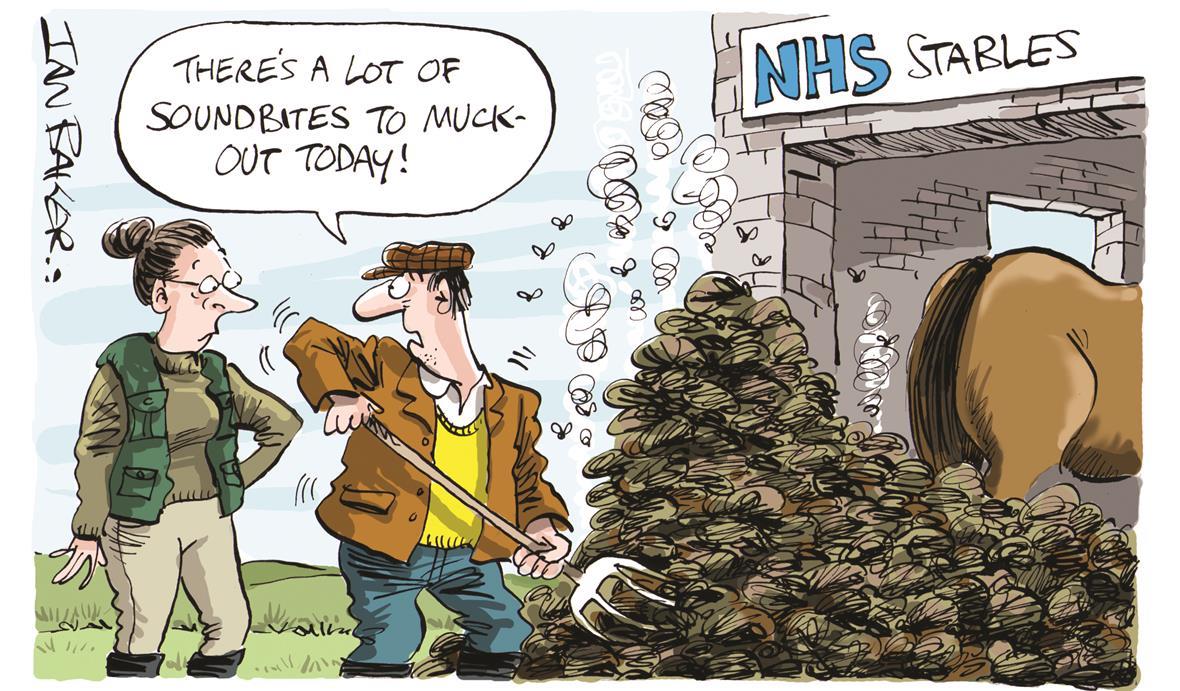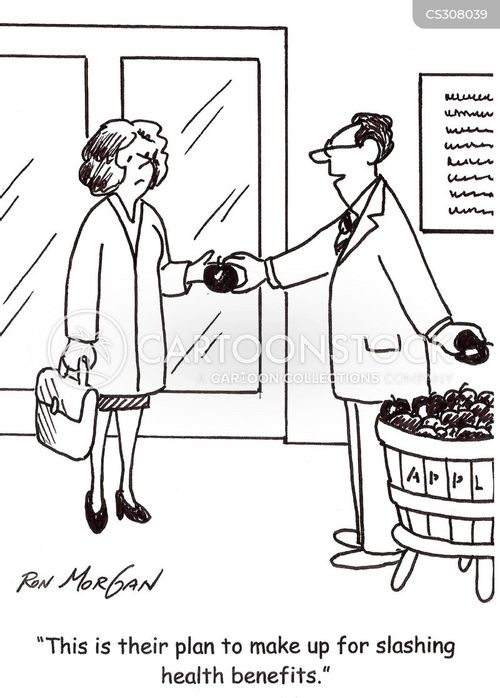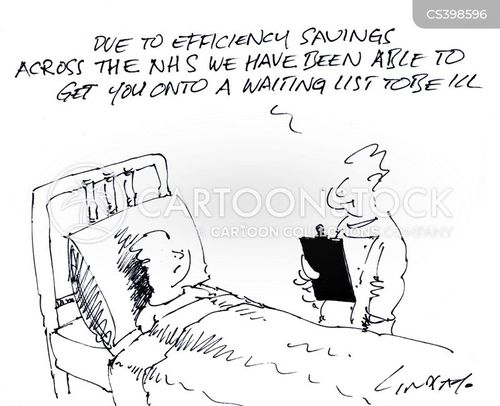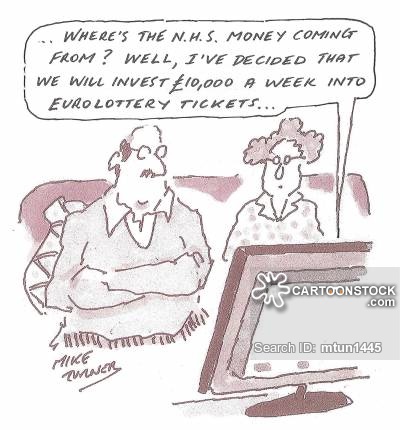Without proper feedback, the UK health services are never going to change. Exit interviews could be game changing, but they would have to be done by an independent third party, and reported without prejudice and dispassionately. Elderly people on long waiting lists are treated badly, and have more risks of other problems such as heart attacks, and obesity from inactivity. If waiting lists are very long, as they are, is it right to place those working ahead of those retired or unemployed? After all it is the workers who pay the taxes that fund our 4 health services. Unpleasant rationing decisions need to be taken: for the next decade at least.
Melanie Phillips opines in The Times 26th June 2018: The elderly deserve better than NHS care”.Hospital scandals will keep happening because our healthcare system is morally corrosive
Next week marks the 70th anniversary of the creation of the NHS. Perhaps instead of any burnishing of moral credentials, this might be an opportunity to start thinking the unthinkable.
Shocked NHS staff are digesting the latest scandal to consume the service. Between 1989 and 2000, at least 456 and possibly as many as 656 elderly patients died at Gosport War Memorial Hospital, Hampshire, after being given opioids at a strength that shortened some lives without any clinical need for such doses.
An inquiry report said there had been a “disregard for human life” involving doctors, nurses, pharmacists, managers and others. This is but the latest example of gross, institutionalised failures of care in the NHS followed by a cover-up.
Between 2004 and 2013, at least 11 babies and one mother were estimated to have died through incompetence and neglect at Morecambe Bay hospitals trust, followed by suppression of evidence and a failure to investigate.
In Mid Staffordshire, as a report revealed in 2013, hundreds of patients experienced “appalling and unnecessary suffering”. People lay starving, thirsty and in soiled bedclothes, with some drinking from flower vases to relieve their thirst.
T
hen there was the Liverpool Care Pathway. Ostensibly a scheme to provide palliative care to the terminally ill, it developed in some cases into a means of hastening death by withdrawing food and fluids. Professor Sir Brian Jarman, who monitors NHS death rates, has said that although after a public outcry this pathway was supposedly abolished, he has heard it continues in other guises. He has also said he wouldn’t be surprised if the issues that allowed Gosport to become a national scandal were repeated.
This isn’t just because, in his words, NHS whistleblowers are even now “fired, gagged and blacklisted”. The problem is far deeper than the culture of blame and secrecy. It’s deeper also than the perennial complaint of lack of resources.
We still tell ourselves that the NHS is the most moral way of delivering healthcare. Yet, as scandals over the years have shown, it often treats elderly people abominably, suggesting that something is fundamentally wrong with the very ethos of the NHS itself.
For attitudes to the elderly serve as a litmus test of moral standards. Are such patients treated with respect, compassion and care? Or are they viewed as a nuisance, wasting valuable resources that could be spent on younger patients, cluttering up beds, and with lives no longer worth preserving in the first place?
It would seem that, too often, the latter view prevails. Even taking into account possibly mitigating factors, the evidence suggests that the NHS discriminates against older people in a variety of ways.
Age UK says access to cancer treatment drops off dramatically after the age of 75, even though one third of all cancers are diagnosed after this age. The Royal College of Surgeons says that rates of elective surgery for the over-65s are considerably lower for a range of common conditions. According to the Centre for Policy on Ageing, under-investigation and under-treatment applies across cancer care, cardiology and strokes.
Jarman says that out of nine developed countries he studied, including the US, the NHS had the highest hospital death rate when adjusted for age, sex, diagnosis and other factors. Information on mortality rates was not properly assessed by NHS officials.“There really is a desire not to know,” he said. What worried him was an NHS ethos that put the reputation of the health service before patients’ needs.
It was ever thus and always will be. That’s because the NHS is a state-run bureaucracy in which patients are viewed as units in a system that is rated principally in terms of political survival and national image. Individual doctors, nurses, managers and others may well be compassionate and caring. The evidence suggests, however, that the system has a morally corrosive, dehumanising and brutalising effect. That’s why the extra billions and assurances that better systems are in place to guard against abuse will not solve the problem.
Continental-style social insurance schemes, although not perfect, offer a far better model. They provide universal cover and higher standards overall because — crucially — they put power into the hands of patients who can choose their healthcare providers.
Yet no one ever suggests that this model of healthcare might be better for Britain. That’s because the NHS is — as the former chancellor Lord Lawson once observed — the closest thing to a national religion. Appropriately, a thanksgiving service for the NHS will take place next week at Westminster Abbey.
Its founder, the Labour politician Nye Bevan, said it gave people “serenity” by removing anxiety over whether or not they could afford to be treated. That’s certainly a principle to hang on to. But social insurance schemes uphold it too.
The NHS treats the state itself as the nation’s ultimate carer, giving it the authority to decide who should be helped to stay in this world and who should be helped prematurely out of it. It is therefore not a temple of compassion so much as a potential instrument of arbitrary and unaccountable power.
How many more scandals will it take before Britain faces the fact that the NHS is not, as its mythology proclaims, the cynosure of decency? Time now, perhaps, to administer the fatal syringe to the NHS itself.


















